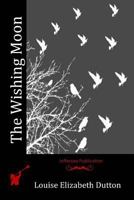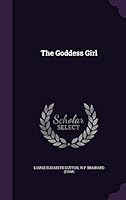Strands of Guilt: A Murder Mystery
A string of killings have gripped the island-nation of Theisolh. The serial killer leaves behind cryptic clues in paintings. Vincent, the prime suspect, is desperate to prove his innocence. As the case unravels, the mysterious King Pherid must appear in public after four decades. Will the murders expose the unspeakable secrets of the royal family? Will Vincent stop the killer before they strike again? STRANDS OF GUILT will keep you guessing until the chilling truth emerges. Grab your copy and let the hunt begin! Listen to the music carefully.
It will lead you to me... and you will know who you truly are.
It will lead you to me... and you will know who you truly are.
Format:Paperback
Language:English
ISBN:B0BF6T5H39
ISBN13:9798352496282
Release Date:September 2022
Publisher:Independently Published
Length:216 Pages
Weight:0.71 lbs.
Dimensions:0.5" x 6.0" x 9.0"
More by Louise Elizabeth Dutton
Customer Reviews
0 customer rating | 0 review
There are currently no reviews. Be the first to review this work.























